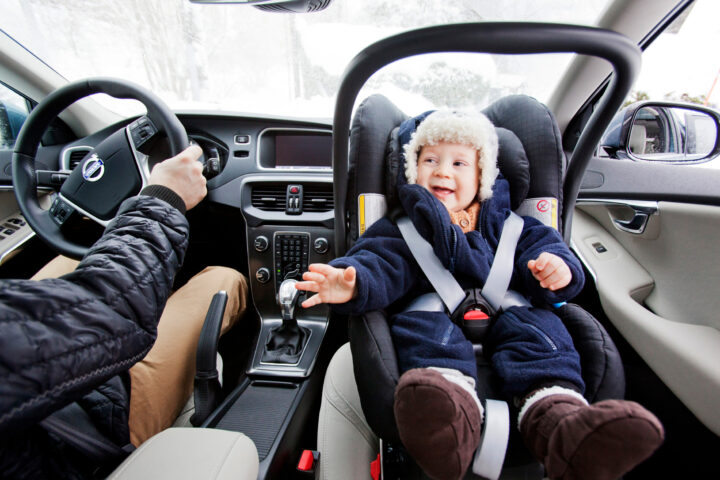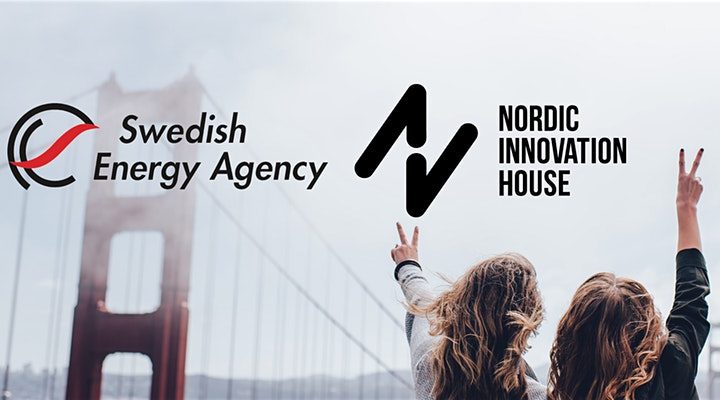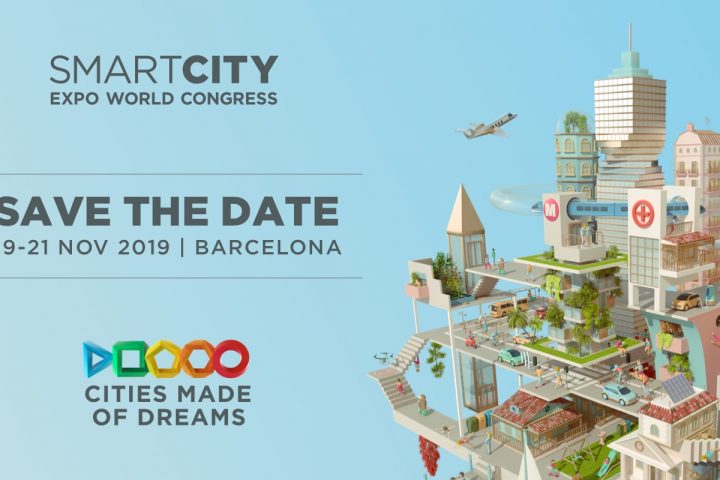As the world’s toughest sailing competition, Volvo Ocean Race, heads towards its exciting conclusion, the City of Gothenburg and Volvo invite you to share the inventive thoughts of world-leading innovators and renowned specialists on the topics of digitization, e-mobility, autonomous vehicles and the circular & sharing economy, and how these affect the urban development of smart cities. Find out about collaborations on innovation and testbeds.
Globalization is flourishing, affecting increasingly more people and countries. Parallel to this, urbanization is on the increase, with more than half the population living in cities. These two trends create not only great challenges, but also solutions.
The trend to build smart and sustainable cities is growing stronger all over the world.
Governments around the world have established goals to increase electromobility and the global market is booming. Vast opportunities are opening for cities and companies and new business models, technologies and applications are being developed continually.
The morning seminar will cover collaboration on testbeds and innovation within e-mobility and autonomous driving and how the latter two will affect the cities of the future.
The afternoon seminar will cover circular and sharing economies, their role in future urban development and how they can be used as tools for smart city development. If e-mobility and autonomous driving are to develop in a sustainable manner, it is crucial that cities develop circular economies and adopt sharing economy models.
PROGRAM
WEDNESDAY 20 JUNE
08:00 Coffee and registration
HOW WILL TESTBEDS FOR E-MOBILITY AND CONNECTED AND AUTONOMOUS VEHICLES AFFECT THE CITIES OF THE FUTURE?
Hotter than Spotify, that’s how the automotive industry in Gothenburg has been described as the sector shifts towards connectivity, automation, digitization and electrification, forming an engine that’s helping power the region’s development surge. The automotive industry is undergoing great transformation, with Gothenburg claiming world-leading positions in many areas such as electrification, self-driving technology and connected vehicles.
Moderator: Jack Ewing, Journalist, The New York Times
09:00 Welcome and opening speech
Ann-Sofie Hermansson, Mayor, City of Gothenburg
ELECTROMOBILITY – COLLABORATING ON TESTBEDS & INNOVATION
Learn how cities incorporate electromobility in their strategies for becoming smart cities, and how to collaborate on innovation. How can electromobility testbeds be used to collect data, and what can we do with open city data? Learn about the development of e-buses in Europe. Discover what’s happening with the ElectriCity testbed and its new vehicles and new technologies.
09:10 Short presentations and panel discussion
10:40 Coffee break
HOW WILL AUTONOMOUS VEHICLES IMPACT CITIES?
Around the world, intense efforts are under way to test autonomous vehicle technology, and Gothenburg is the first city in the world to investigate the interaction between self-driving vehicles and long-term sustainable urban planning. The sharing economy will play an important role in the use of autonomous vehicles. Can cities plan and regulate the use of autonomous vehicles in shared fleets in ways that reduce congestion and increase urban accessibility.
11:00 Short presentations and panel discussion
12:30 Lunch
WHAT ROLES DO CIRCULAR AND SHARING ECONOMIES HAVE TO PLAY IN SUSTAINABLE CITIES?
Population growth and globalization contribute to significantly increased consumption of finite resources. The linear economy has to be replaced with a circular economy. A system shift that not only builds sustainability and resilience, but also generates business and economic opportunities. The circular economy is designed to recreate resources, over and over again, and to remove waste and pollution from the equation.
A sharing economy and collaborative consumption have great potential for resource efficiency, and as such fit the circular economy model well. This could involve non-profit initiatives and public services, as well as the creation of innovative business models. Growing urbanization and increasing consumption make it necessary to develop and implement tools for circular and sharing economies in our cities.
Moderator
Anna-Karin S. Öjerskog
13:30 Welcome and opening speech
Mikael Damberg, Swedish Minister for Enterprise and Innovation
HOW CAN A CIRCULAR ECONOMY BE USED AS A TOOL IN FUTURE URBAN DEVELOPMENT?
The impact of consumption on the climate is a major global challenge. The City of Gothenburg was the first city in the world to include emissions from consumption in its climate programme.
How can a circular economy be used as a tool to reduce greenhouse gas emissions? If we want the development of electromobility and autonomous vehicles to be truly sustainable, a well-rounded circular economy is required. The raw material flow for the production of both vehicles and batteries has to undergo recycling and reuse.
13:45 Short presentations and panel discussion
THE SHARING ECONOMY – COMMERCIAL BUSINESS MODELS AND PUBLIC SERVICES IN SMART CITES
Sharing is cool and all around the world new sharing opportunities, offerings, platforms and services are born every day. Undoubtedly, sharing can provide huge advantages to society and to cities, ranging from a reduced use of resources, increased utilization of existing infrastructure, broader access to knowhow to freeing up road space for public use. But how should cities approach the topic? We believe cities need a clear sharing strategy or they’ll be overrun by the innovative force of the public and businesses from around the world.
15:30 Short presentations and panel discussion
17:00 End seminars
17:00 Networking Reception – hosted by Business Region Göteborg
More information about the event
FEES & TERMS
The seminars are free of charge. Cancellation within less than 3 weeks of the start of the event will incur a no-show fee of 350 EURO.



